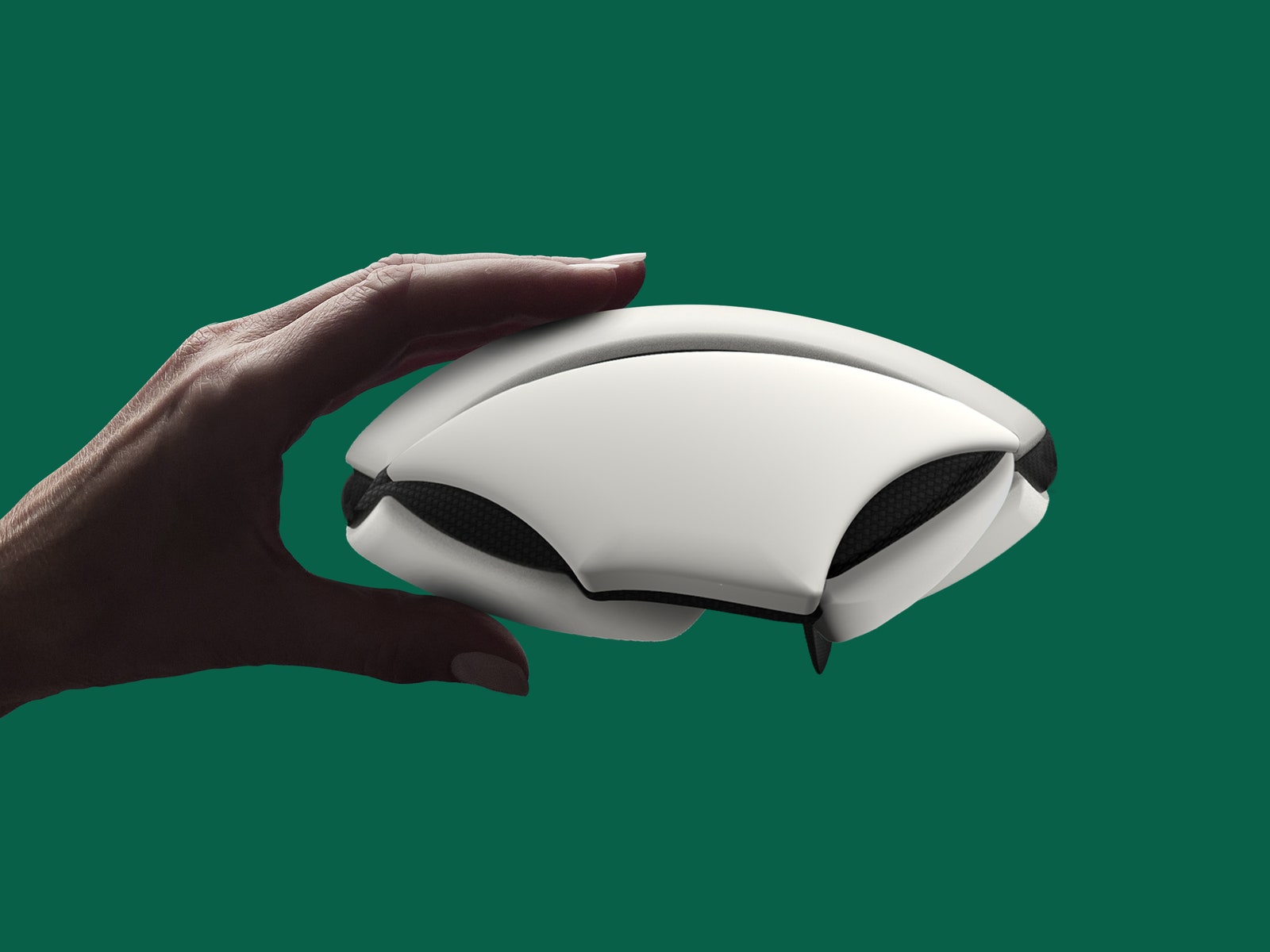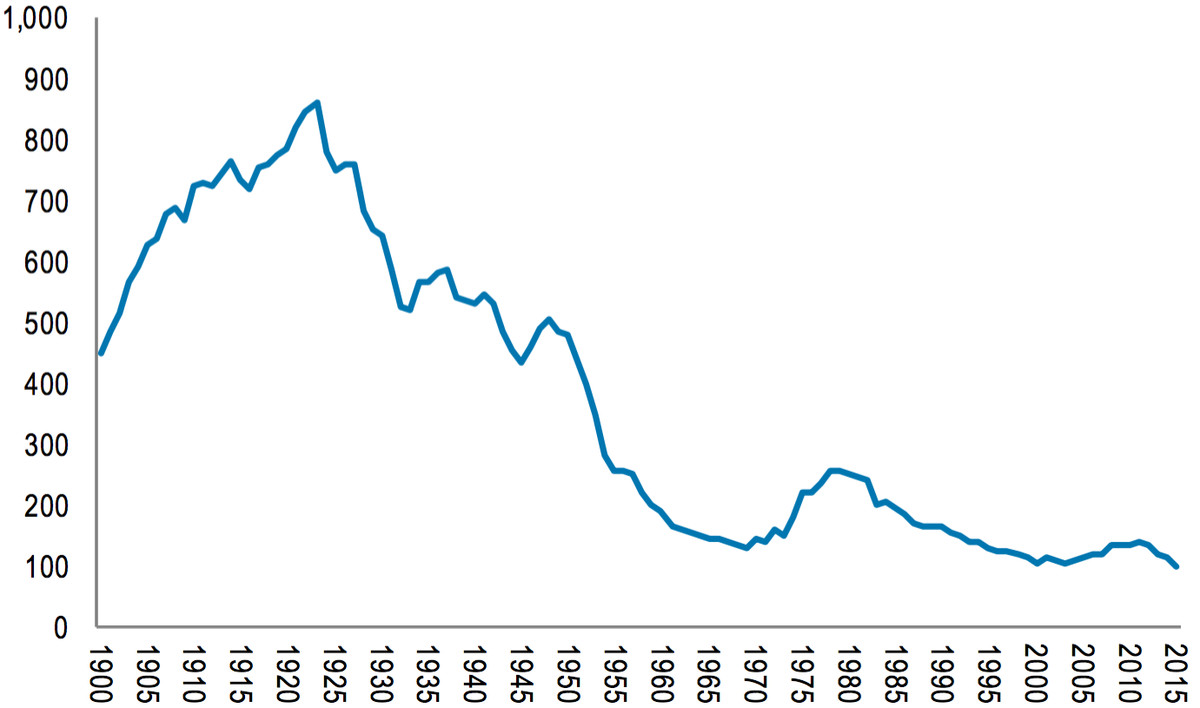[ad_1]
Every afternoon, I pick up my two kids, ages 4 and 7, on our family. The second their feet hit the ground at our house, their hands immediately go to the chin straps holding their helmets on their heads. Before I can dive and rescue them—crash! Smash! They’ve whipped their helmets off. The fragile, protective headgear hits the ground with a crack.
I do my best to stop them, but it’s hard to blame them. Helmets can significantly reduce your risk of injury, but they are also annoying. I would never consider riding a bike without one (well, almost never), but almost every helmet I’ve tried is huge and clunky, both to wear and to carry. They have to fit precisely. They’re expensive, and, most importantly, they’re single-use objects.
Most bike helmets are made from a stiff, expanded polystyrene foam. To protect your noggin, the foam absorbs the force of the crash impact by shattering. Not only do you have to replace them after a crash, a 4-year-old smashing his helmet repeatedly into the wall can compromise their safety. And if you’re facing a long walk home and want to rent a convenient escooter or ebike instead of taking a Lyft? Forget about it. Head, meet pavement.
But what if you had a convenient, comfortable helmet that didn’t make you feel like a dork while wearing it? The Newton-Rider N1 helmet has elicited compliments from almost everyone who has seen me wearing it. It’s compact and stylish and about half the thickness of a normal helmet. It sits on top of your head like a beanie, instead of being dialed tightly around your scalp. We’ve seen other solutions to this problem before, but at $ 300, airbag helmets like the Hövding aren’t particularly accessible. They’ve also been around for several years now and have yet to see widespread adoption. The N1, however, costs $ 99.
Head Gear
Photograph: Newton-Rider
The Newton-Rider N1 folds to fit conveniently in your bag and is designed to protect your head against multiple impacts, not just one. That reduces waste and saves you money.
The helmet’s protection comes from a series of panels, connected to each other with stretchy, durable fabric. Each panel consists of three layers of protection: a hard polycarbonate shell, a shock-absorbing elastic polyurethane foam, and an interior core made up of what Newton-Rider terms “supermolecules,” created from a proprietary non-Newtonian thermoplastic elastomer.
[ad_2]
Source link



